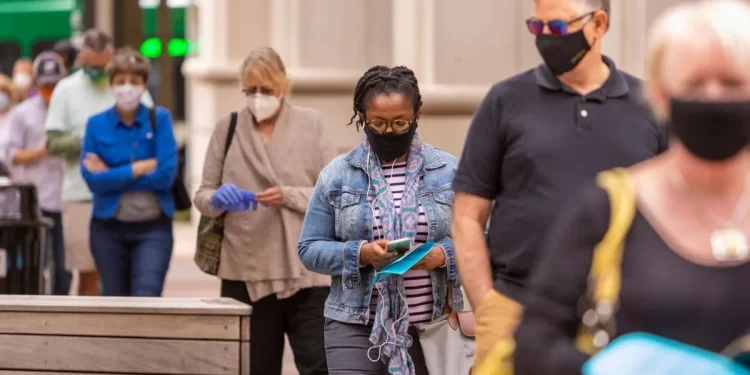By Anthony Hennen | The Center Square
(The Center Square) – A Senate State Government Committee hearing on two election-related bills highlighted a problem of scarce resources for running elections.
The bills in question, SB982 and HB2044, would limit third-party and nongovernmental grants from funding election operations. They come in response to a nationwide effort from Facebook founder Mark Zuckerberg’s donations to county election boards, $22 million of which ended up in Pennsylvania.
The funding was used in a variety of ways during a chaotic election season that saw state practices change. COVID-19 made administering elections more difficult than usual.
“They needed resources … they had to execute a bunch of challenges,” Sen. Sharif Street, D-Philadelphia, said of county election officials. “I’ll tell you what should happen. We should make resources available as a Commonwealth so that there is no need for outside groups to have to fund things.”
For many, the bills would ensure public trust and avoid the appearance of partisan interference.
“If we do not close the door, these contributions will escalate from every direction. Once the precedent becomes accepted, we will be playing a no-limits game. This will undermine election integrity,” said Sen. Lisa Baker, R-Luzerne.
Rep. Eric Nelson, R-Westmoreland and the sponsor of HB2044, noted that 18 states have already passed legislation to ban or restrict private money from funding elections.
Todd Shepherd, the chief investigative reporter for Broad+Liberty, testified on his reporting of where outside funding went without endorsing or opposing the proposed legislation.
“I think there are legitimate questions about whether the public got what they were being told in the press,” Shepherd said.
Transparency was a recurring problem in tracking all the money received.
“If election officials are still legally able to partner with outside groups on election issues, they really have to keep the public informed on who those people are, they really have to vet them, and maybe even show some of their work on that vetting to the public,” Shepherd said.
Election officials opposed the bills and argued the state government needs to offer more funding to election boards.
“These bills are the result of continued misinformation around the 2020 presidential election and are seeking to make election officials’ lives more difficult in order to score political points among those who believe the big lie about 2020,” said Lisa Deeley, chairwoman of the Philadelphia City Commissioners Office.
Neither Baker, Nelson, nor Shepherd questioned the legitimacy of the election results.
Time constraints meant that no round of questions was held but the chairman, Sen. David Argall, R-Berks/Schuylkill, said a future hearing would be held for questions.




